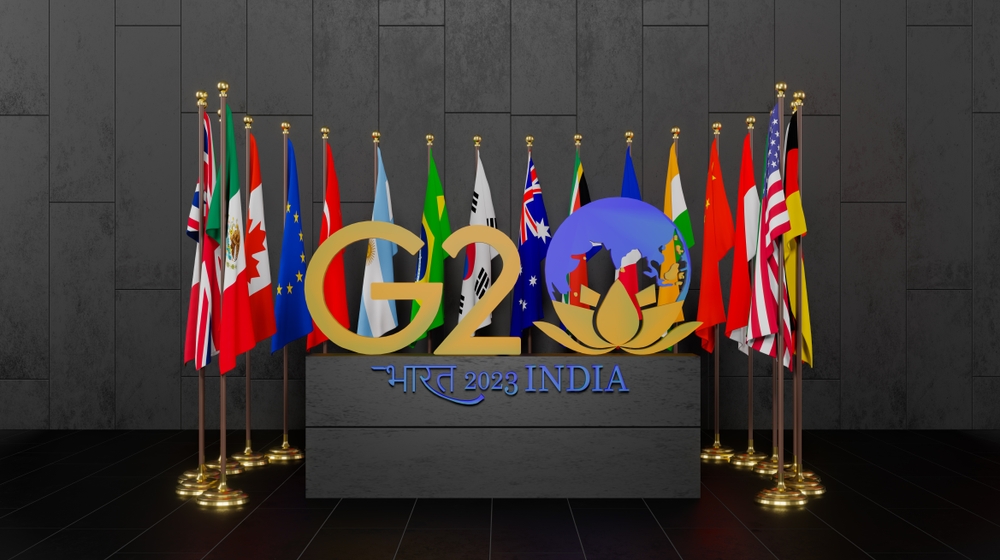The G20 Is in a Precarious State, But Global Problems Don’t Take a Breather
The G-20 continues to be rocked by deep divisions. The Russia-Ukraine war has presented it with the biggest test yet. This weekend’s summit in New Delhi showcases the great power politics pulling and pushing the grouping in different directions, as the Global South’s middle powers continue to demand reforms to the current global order.
U.S. President Joe Biden will be at the summit, along with most of the other invited leaders. As expected, Russian President Vladimir Putin will not be there – he was absent at the last G-20 summit in Bali, Indonesia as well. More importantly, Chinese President Xi Jinping has also decided to miss it and will send Premier Li Qiang in his place.
Xi’s decision may be due to persistent tensions between New Delhi and Beijing. India continues to see Chinese military intrusions along the disputed border as the major barrier to good relations, while China wants India to address what it considers to be broader issues in their relationship, which include India’s growing proximity to the United States. A bilateral meeting between Indian Prime Minister Narendra Modi – this year’s G-20 host – and Xi at the recent BRICS summit in Johannesburg does not appear to have allayed differences very much. The overall chill clearly contributed to India converting this year’s summit of the Shanghai Cooperation Organization into a shorter, virtual affair.
China-U.S. ties, however, have improved somewhat, with a series of senior U.S. officials visiting Beijing over the summer. But these visits have not been reciprocated, and Washington’s moves to bind the Philippines, South Korea, and Japan even deeper into China-countering security strategies has not gone down well in Beijing.
Read the full piece in The Diplomat.
